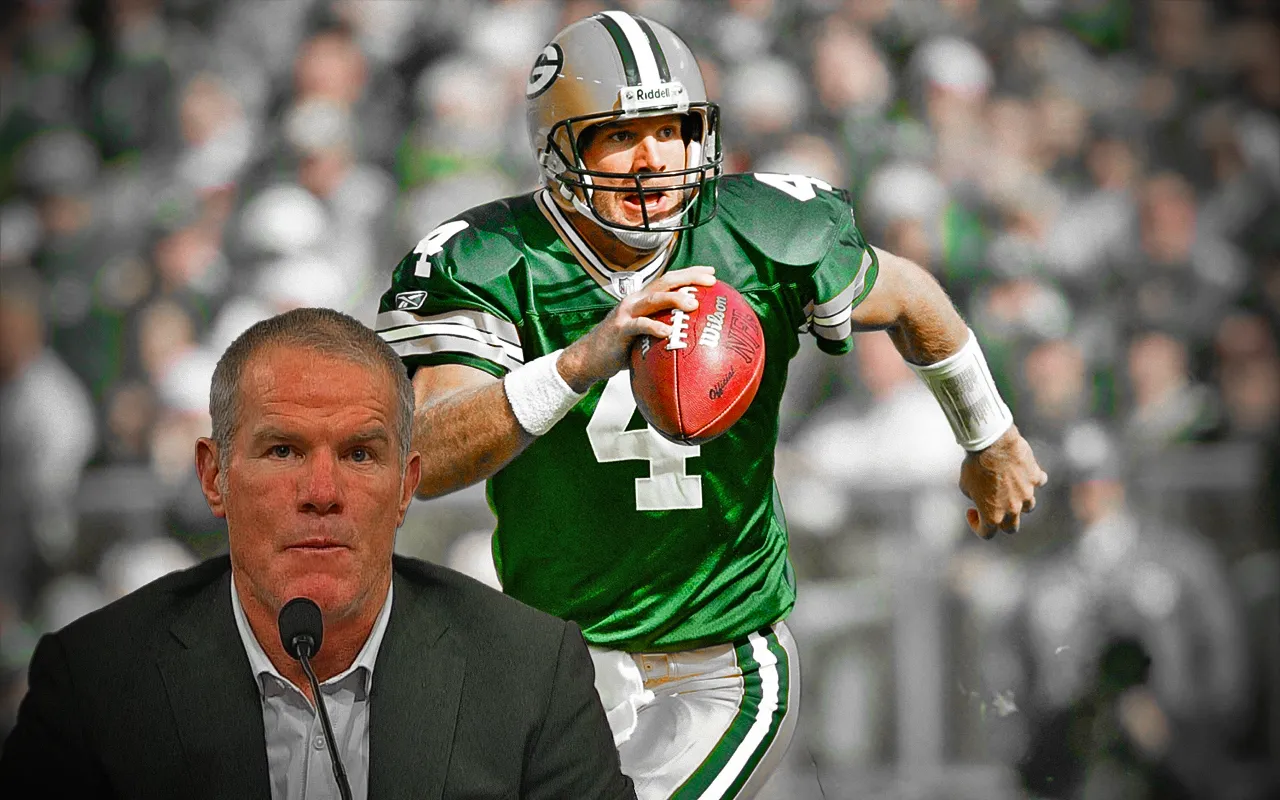NFL icon Brett Favre has publicly stated that he has been living with Parkinson’s disease. This announcement has opened a new set of conversations on the long-term health risks that are tied to playing contact sports.
Recent studies have disclosed an intense association between repeated brain injury and neurodegenerative illnesses, including Parkinson’s, and increasingly, more football players who have all shown these symptoms are coming forward.
The diagnosis of the football legend, Brett Favre’s Parkinson’s, has again brought under the limelight the connection between contact sports and Parkinson’s and similar disorders of the brain.
Brett Favre is an American twenty-year NFL player who revealed the information while giving testimony before Congress over a different welfare scandal.
In the testimony given by Brett Favre before Congress, he disclosed that he had just been diagnosed with Parkinson’s-a disorder that implies terrible effects on the powers of both motor and cognitive functions.
Favre was diagnosed after years of football; he has estimated he suffered thousands of concussions while playing the sport. He reported in an earlier interview that he frequently suffered head trauma and had episodes in which he saw stars or felt he was seeing through a layer of gauze. Such repetitive brain trauma has long been associated with an increased risk of neurodegenerative illnesses such as Parkinson’s.
Research supports these concerns. In a study completed in 2023, scientists announced the fact that former players of contact sports had a 61% increased risk of having Parkinson’s disease or its symptoms than those who had never played the sport.
What is even more frightening is a fact that has been established with a high degree of accuracy : just one concussion can increase the risk of the disease by more than 55%. According to experts, such ominous trends are significantly caused by the repeated nature of head injury in sports like rugby, football, and boxing.
Though the actual cause of Parkinson’s remains unknown, the diagnosis of Favre reminds of long-term medical risks many athletes face. To reduce further prospects of severe brain injuries, neurologists are being persistent about how concussion management and recovery time are crucial.



